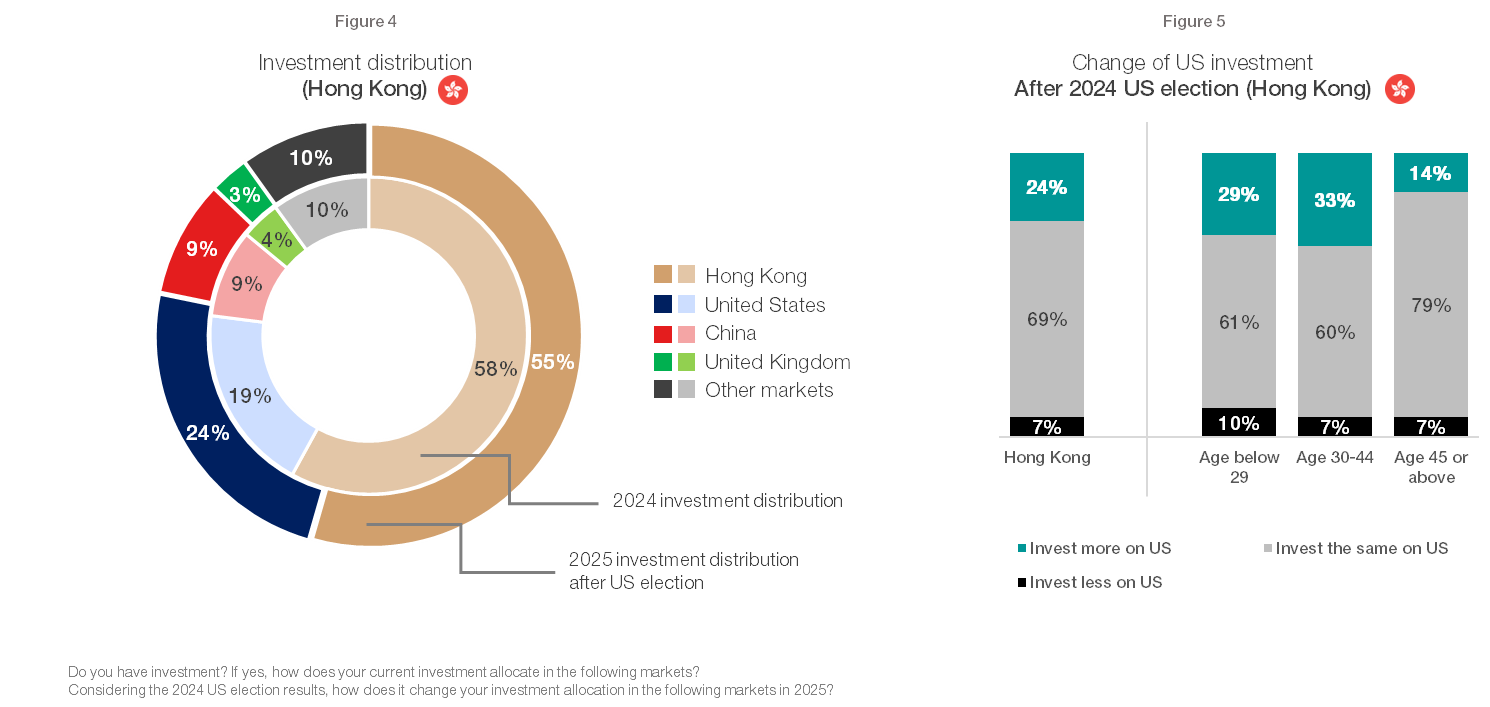Singapore's Election: Assessing The Future Of Its Political System

Table of Contents
The Dominant PAP and the Opposition's Struggle
The People's Action Party (PAP) has enjoyed an unparalleled dominance in Singaporean politics since independence. This long-standing hegemony has shaped the nation's political culture and institutions. However, opposition parties continue to struggle to gain significant traction, facing numerous systemic and practical challenges.
- Historical context of PAP rule: The PAP's consistent electoral victories are rooted in its strong association with nation-building, economic development, and social stability. This historical legacy continues to influence public perception.
- Electoral system and its influence on opposition success: Singapore's electoral system, with its Group Representation Constituencies (GRCs), has been criticized for making it difficult for smaller opposition parties to win seats. This system requires parties to field teams of candidates, creating a higher barrier to entry.
- Funding limitations and resources for opposition campaigns: Opposition parties often face significant resource constraints compared to the well-funded PAP, limiting their ability to conduct effective campaigns and reach voters.
- Public perception and media coverage of opposition parties: Media coverage in Singapore is often perceived as favoring the ruling party, potentially affecting public perception of the opposition and limiting their ability to present alternative viewpoints.
- Key policy differences between PAP and opposition parties: While the PAP generally advocates for a pragmatic, pro-business approach, opposition parties often focus on issues such as greater political representation, social justice, and environmental protection, offering alternative policy frameworks.
Evolving Voter Demographics and Their Influence
Singapore's electorate is undergoing a significant demographic shift, with a rising proportion of younger, more diverse, and politically engaged citizens. This evolving demographic landscape is profoundly impacting election outcomes and political discourse.
- Rise of young, tech-savvy voters: Younger voters are increasingly active online, using social media and digital platforms to engage in political discussions and express their views. This digitally native generation is challenging traditional political engagement models.
- Increasingly diverse electorate and its political implications: Singapore's growing diversity presents both opportunities and challenges for political parties. Addressing the concerns of various ethnic and social groups is crucial for electoral success.
- Concerns about housing affordability, cost of living, and job security amongst different demographic groups: These economic concerns are consistently top-of-mind for many voters, regardless of age or background, influencing their voting decisions.
- Impact of social media and online platforms on political discourse: Social media has become a powerful tool for disseminating political information and mobilizing voters. However, it also presents challenges related to misinformation and the spread of fake news.
- Shifting priorities among different age groups and their influence on voting patterns: Different age groups prioritize different issues. Understanding these generational differences is essential for political parties to tailor their messages effectively.
Economic Challenges and Political Reform
Singapore's economic performance significantly influences its political landscape. Periods of economic uncertainty or inequality can fuel calls for greater political reform and transparency.
- Global economic uncertainty and its influence on domestic policy: External economic shocks can impact domestic policies and lead to public debate on economic management and social safety nets.
- Balancing economic growth with social equity and welfare programs: Maintaining a balance between economic growth and ensuring social equity remains a key policy challenge. Public sentiment on this balance is a significant factor in elections.
- Public discourse surrounding wealth inequality and social mobility: Increasing wealth inequality is a growing concern, leading to calls for policies that promote greater social mobility and reduce income disparity.
- Calls for greater transparency and accountability within the government: Economic challenges often spark demands for greater government transparency and accountability in financial management and decision-making.
- Potential reforms to the electoral system and their impact on future elections: Calls for electoral reforms, such as modifications to the GRC system, are frequently raised by opposition parties and some segments of the population.
The Role of Social Media and Online Discourse
Social media is rapidly transforming political participation in Singapore. While it offers opportunities for increased engagement, it also poses risks related to misinformation and online manipulation.
- Increased online political engagement among younger voters: Young voters are particularly active on social media, using it to discuss political issues, organize events, and engage with candidates.
- Challenges posed by online misinformation and fake news: The spread of false or misleading information online can significantly influence public opinion and electoral outcomes.
- Government's role in regulating online political discourse: The Singaporean government plays an active role in regulating online content, seeking to balance freedom of expression with the need to combat misinformation and harmful speech.
- Impact of social media on the formation of political opinions: Social media algorithms and echo chambers can reinforce pre-existing biases and limit exposure to diverse perspectives.
Conclusion
Singapore's political system is at a critical juncture. Recent elections, while confirming the PAP's continued dominance, have also revealed an evolving political landscape. A changing electorate, economic anxieties, and the rise of social media are reshaping political discourse and influencing voting patterns. Understanding the interplay between the dominant PAP, the challenges faced by the opposition, demographic shifts, and economic factors is crucial for comprehending the future of Singapore's political system. Further research and continuous monitoring of these trends are vital for a complete understanding. To stay updated on this dynamic political landscape, continue following news and analysis related to Singapore's elections and its evolving political system.

Featured Posts
-
 Tournage De L Age D Or Premier Film Realise Par Berenger Thouin
May 04, 2025
Tournage De L Age D Or Premier Film Realise Par Berenger Thouin
May 04, 2025 -
 Is This Thing On On Set Photos Of Bradley Cooper And Will Arnett In New York City
May 04, 2025
Is This Thing On On Set Photos Of Bradley Cooper And Will Arnett In New York City
May 04, 2025 -
 What Time Is The Partial Solar Eclipse In Nyc On Saturday
May 04, 2025
What Time Is The Partial Solar Eclipse In Nyc On Saturday
May 04, 2025 -
 Russell Westbrooks Historic Performance Nuggets Vs Warriors
May 04, 2025
Russell Westbrooks Historic Performance Nuggets Vs Warriors
May 04, 2025 -
 Indy Cars Inaugural Season On Fox Schedule Drivers And More
May 04, 2025
Indy Cars Inaugural Season On Fox Schedule Drivers And More
May 04, 2025
